Employee Contract Management in Educational Institutions
Source: Äri-IT Spring 2020
Authors: Merilin Kaselaid and Triinu Pommer, BCS Itera HRM Product Managers
No matter the industry, every company needs a suitable solution for managing its workforce, contracts, and payroll.
While most Estonian companies employ people on standard open-ended, fixed-term, or civil law contracts, there are exceptions. Universities and the education sector as a whole are a prime example.
In educational institutions, managing employee-related contracts is quite complex. An employment relationship is established with an employee, but this doesn’t necessarily mean a specific employment contract starts at that exact moment. Within a single employment relationship, one person can have many different types of contracts with varying durations.
The end of one employment contract also doesn’t immediately end the employment relationship. An employee can have both employment and civil law contracts, either simultaneously or in an alternating fashion. These contracts are mostly fixed-term and cover relatively short periods. Often, these short-term contracts are created all at once and in advance to cover a longer period. This creates the need for the system to record not only current contracts but also future ones that will become valid later. The situation is made even more complicated by the fact that all these contracts are different in content and independent of one another. Since this contract system is rarely used outside the education sector, standard solutions for HR and payroll software lack this kind of contract management capability.
HRM4Baltics
The HRM4Baltics product has an added solution specifically for the complex employment and contract management needs of educational institutions. It allows for an employment relationship to be assigned to an employee that isn’t dependent on a single, specific employment contract. Within a single employment relationship, you can manage employment contracts that are valid for different periods, which can start and end sequentially, or run parallel to or alternate with civil law contracts.
Each employment contract is treated as a separate entity, based on the Employment Contracts Act. This means that an employee’s vacation days, pay, and other parameters are always tied to one specific contract. When an employment contract ends, all balances and data related to it are locked to prevent them from interfering with other current or future contracts.
To simplify the user’s work, HRM4Baltics is designed to be as automated as possible. The program identifies the currently valid contract from the employee’s contract card and automatically assigns the correct contract number to entries and absences. This means the HR professional no longer needs to check and remember which contract number is currently active for each employee. For control purposes, a feature has been added that provides a warning if an HR professional tries to record a vacation for a period when the employee has no valid employment contract.
The HRM4Baltics solution is used by many leading retail, manufacturing, and service companies. While this new functionality was created to meet the needs of educational institutions, it is naturally suitable for any company that needs to manage a large number of separate employment and civil law contracts within a single employment relationship.

